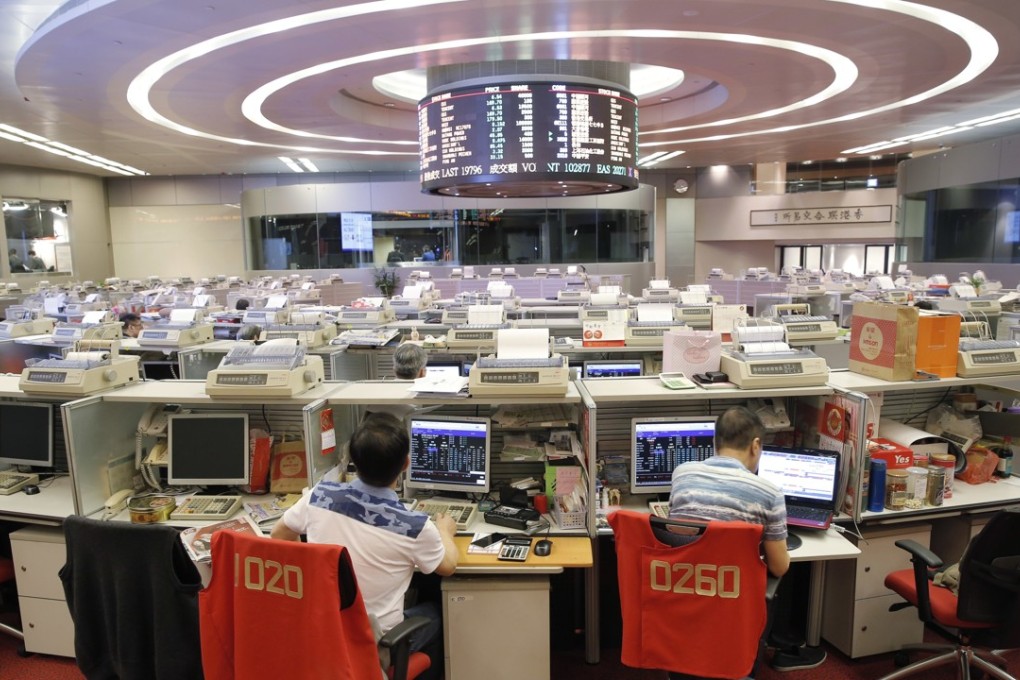Fullshare strenuously denies Glaucus’ share manipulation allegations
‘The company denies all the allegations in the report’, Fullshare said in a filing to Hong Kong’s bourse late on Tuesday

China’s Fullshare Holdings has strenuously denied allegations made by short-seller Glaucus Research Group California that it manipulated its own stock price.
The shares will resume trading in Hong Kong on Thursday after being suspended since April 25 due to the negative report published on the same day against the company.
“The company denies all of the allegations in the report,” Fullshare said in a filing to Hong Kong’s bourse late on Tuesday.
“The report comprises statements which are misleading, biased, selective, inaccurate and incomplete as well as groundless allegations and irresponsible speculation”, and it will “consider taking legal action” against Glaucus.
The report comprises statements which are misleading, biased, selective, inaccurate and incomplete as well as groundless allegations and irresponsible speculation [and it will] consider taking legal action [against Glaucus]
Nanjing-based Fullshare, chaired by Ji Changqun, is engaged in property, wind turbine component manufacture, investment and healthcare businesses.
Short-seller Glaucus alleged in the report that the inexplicable rise in Fullshare’s stock price was due to unusual gains posted in the final hour of trading, which it believes is “one of the largest stock manipulation schemes trading on any exchange, anywhere in the world”.